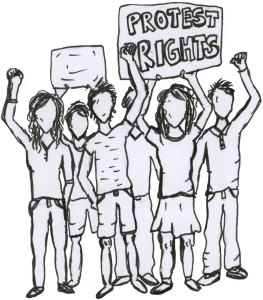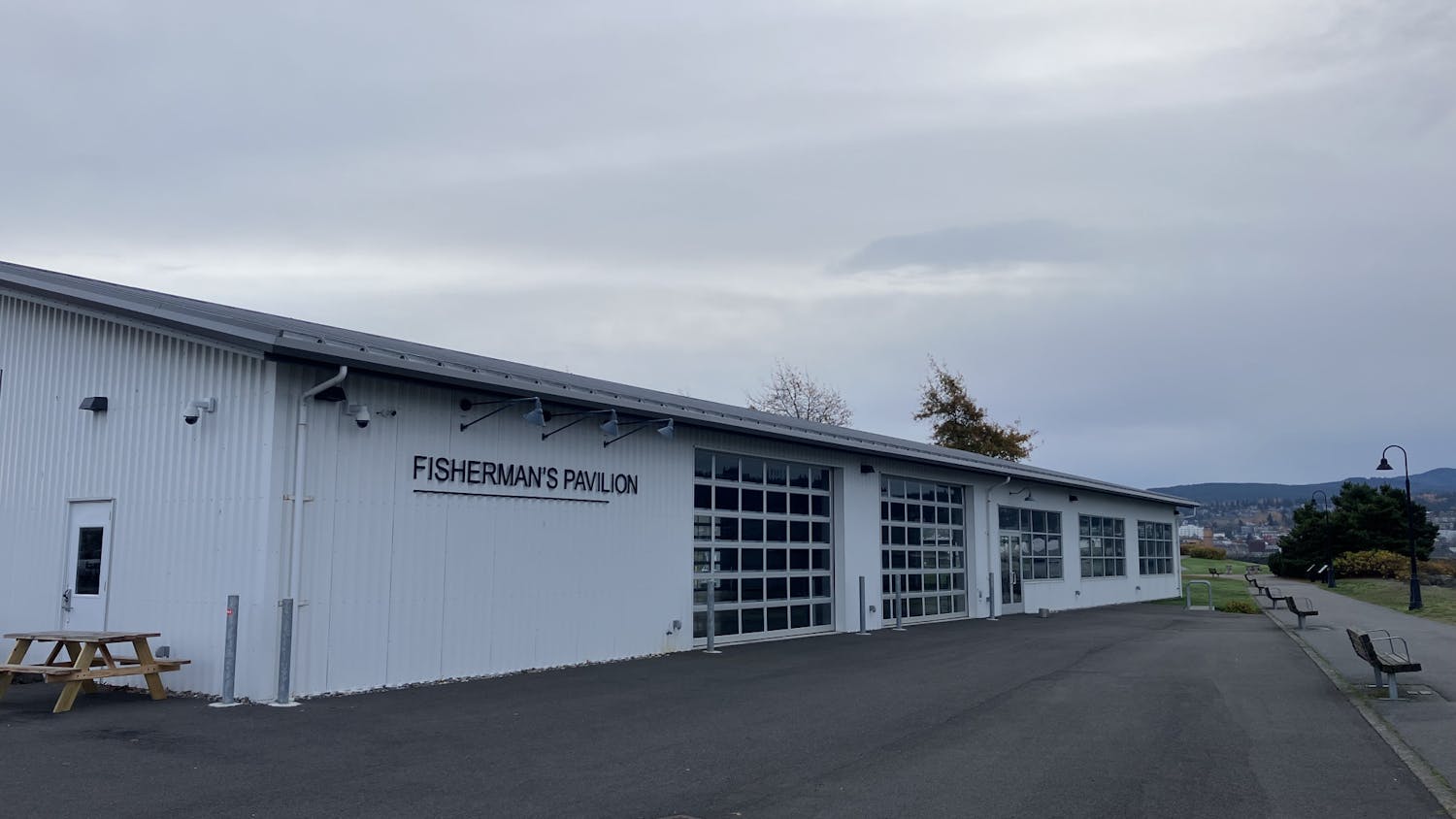By Brinnon Kummer With so many issues to speak out about and so many voices fighting to be heard, it’s important to understand the freedoms that democracy grants its citizens. Specifically, the freedom to peacefully assemble, and the right to stand up for what you believe in. “It’s important to be heard,” executive board member for the Western Amnesty International Chapter Kenyon Andres said. “In protests, you can see a lot more people and hear their voices loudly and a lot more unified.” Andres has been a part of many local protests, including the Bellingham Womxn’s March and several demonstrations against the Trump Administration’s travel ban. “It’s important to elevate the voices of others as much as yourself,” Andres said. Regardless of its size or form, protesting has always been a way to grant power to those that are not born or bestowed with it. It can be as simple as taking a knee during the national anthem, or as grand as an organized march with thousands of people. “It made me feel good practicing my right as an American, being able to protest injustices that the government is doing,” Senior Jabez Aklog said. Aklog participated in a Black Lives Matter rally in Seattle last April. “It’s really comforting and reassuring that there are people who believe in us and believe in the movement.” While everyone has the right to protest, there are still laws determining how demonstrations must be carried out. Remaining peaceful and within the law can help protesters ensure they do not get arrested. “The right to free expression is fundamental to our university’s commitment to open discourse and academic freedom,” Western President Sabah Randhawa said in a recent blog post. “A crucial part of living with others in a free and open society lies in exercising our rights to free expression with civility, empathy and an awareness of history.” The American Civil Liberties Union of Washington has provided a guide for potential protesters, outlining what is okay and what is not when occupying public space. A major takeaway from the guide is how to interact with police. If the demonstration will be large, police presence should be expected. Protesters have the right to communicate, criticize, observe and even film the police so long as they do not interfere with police activities.






